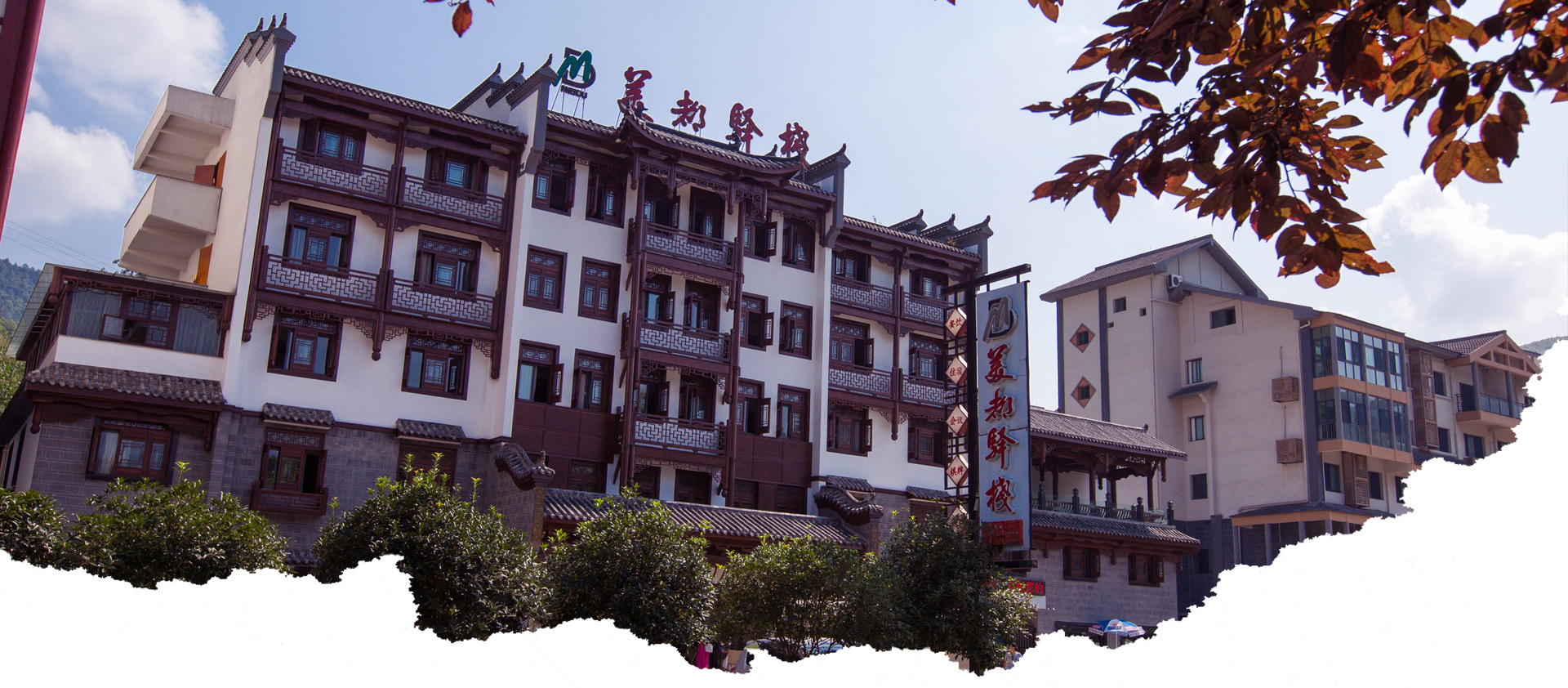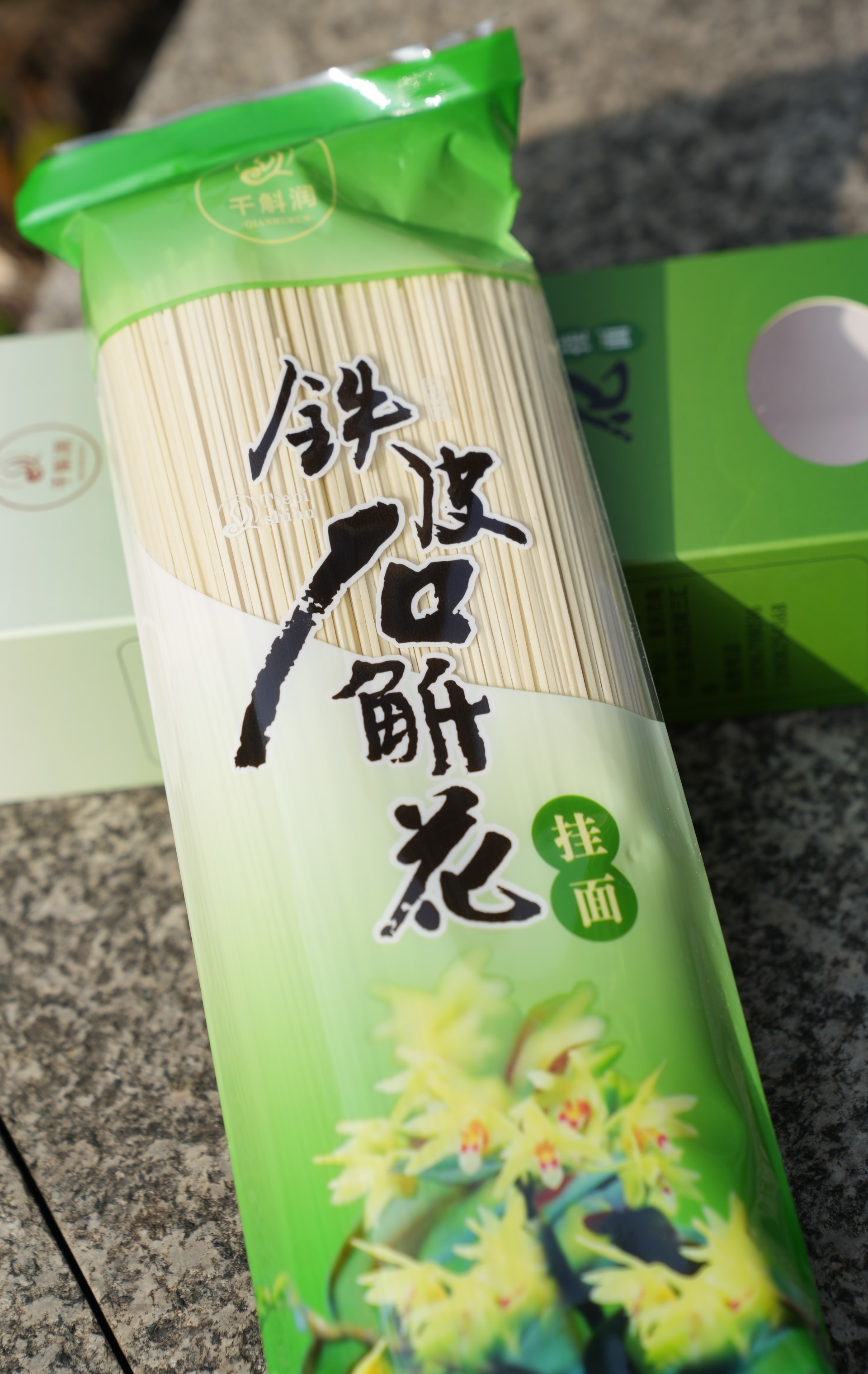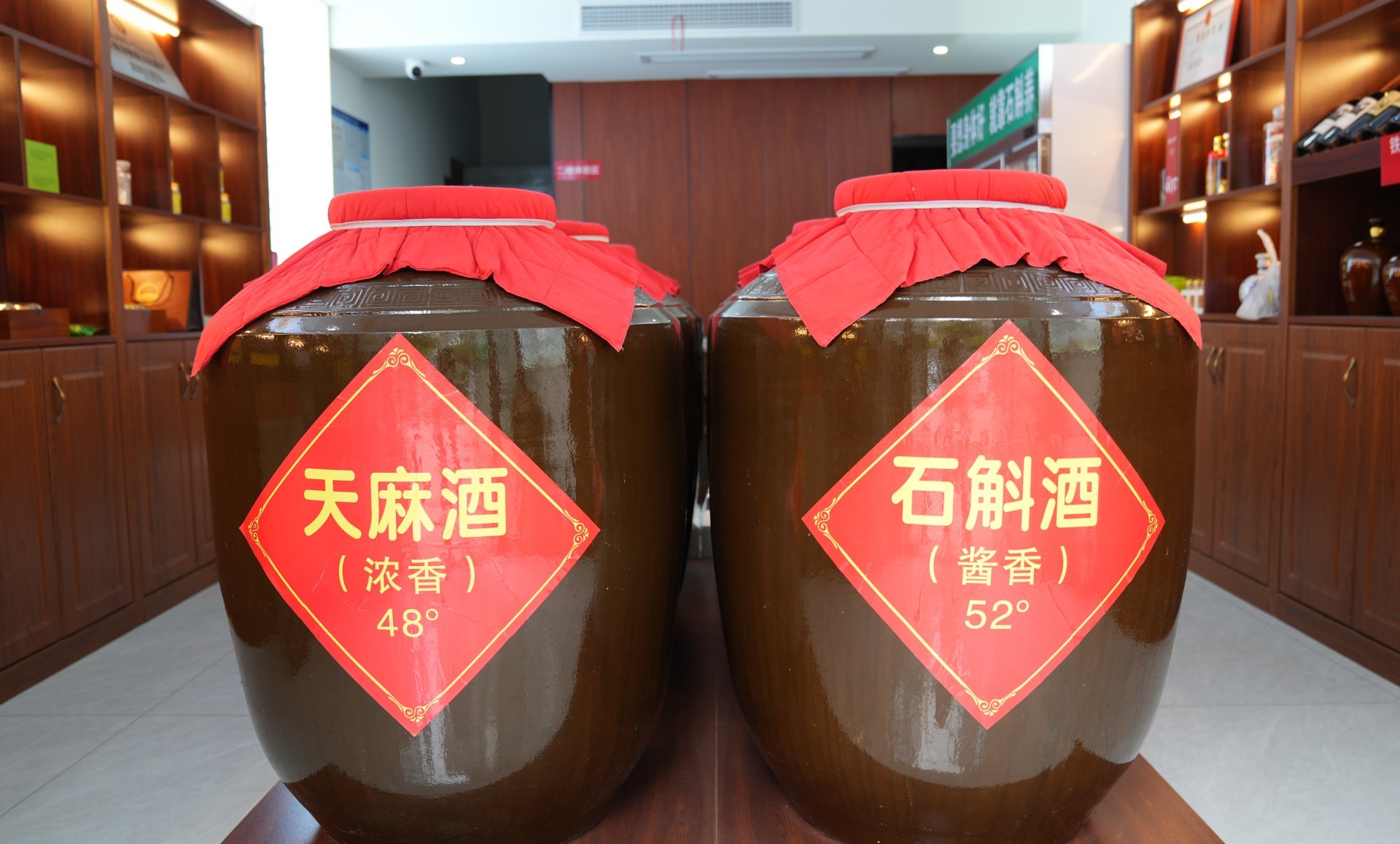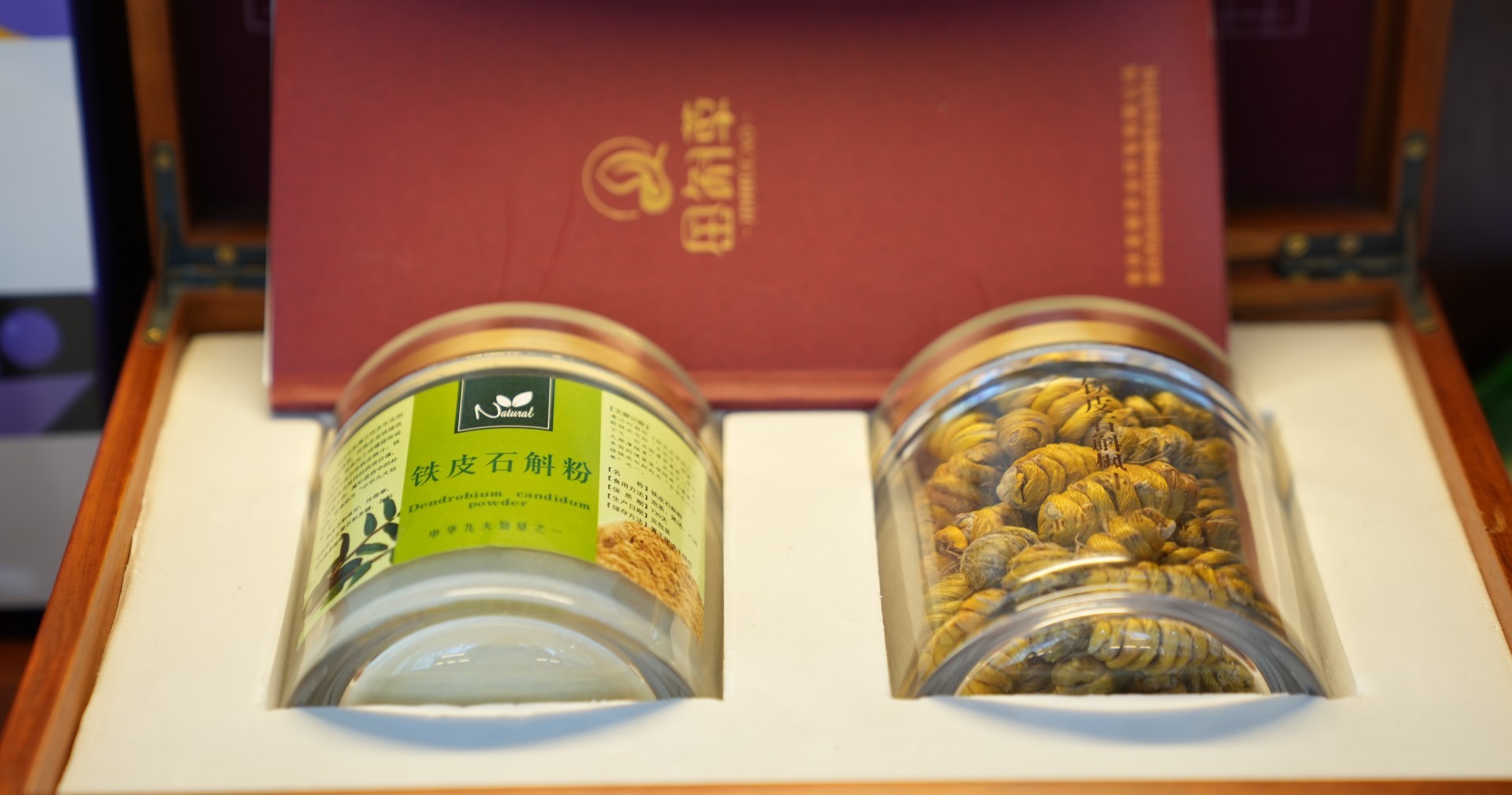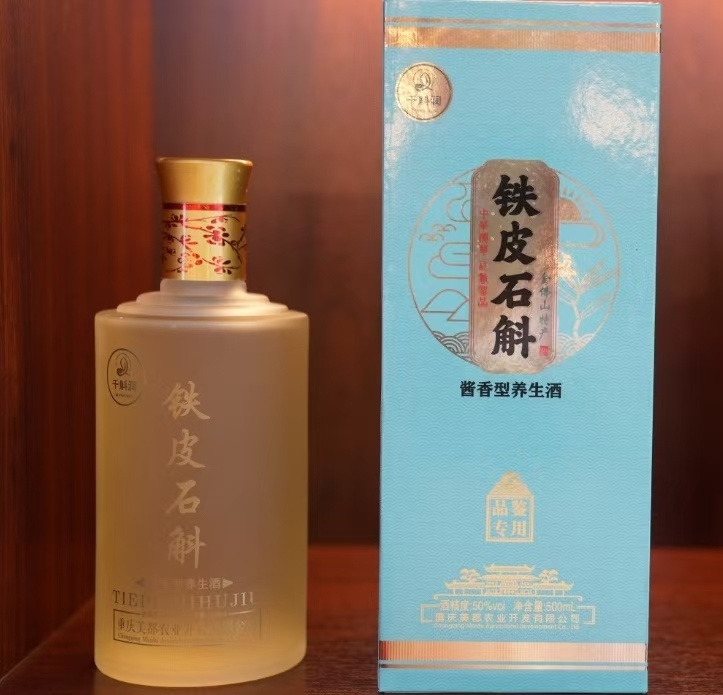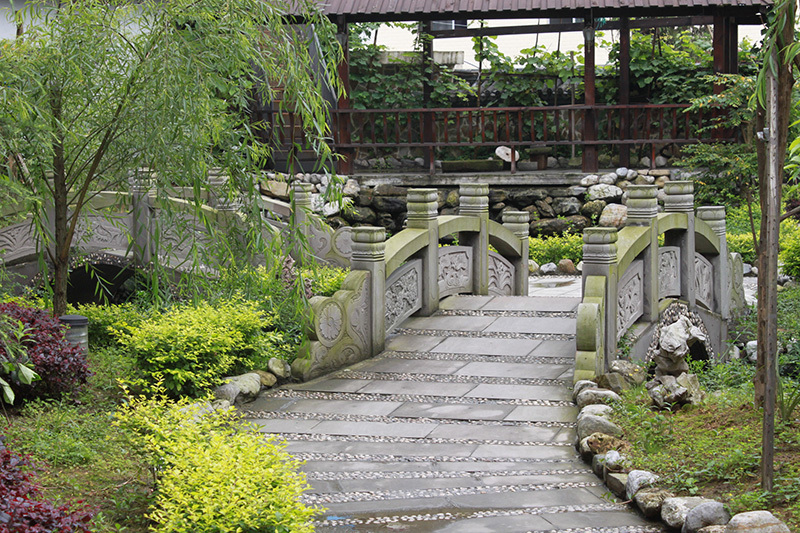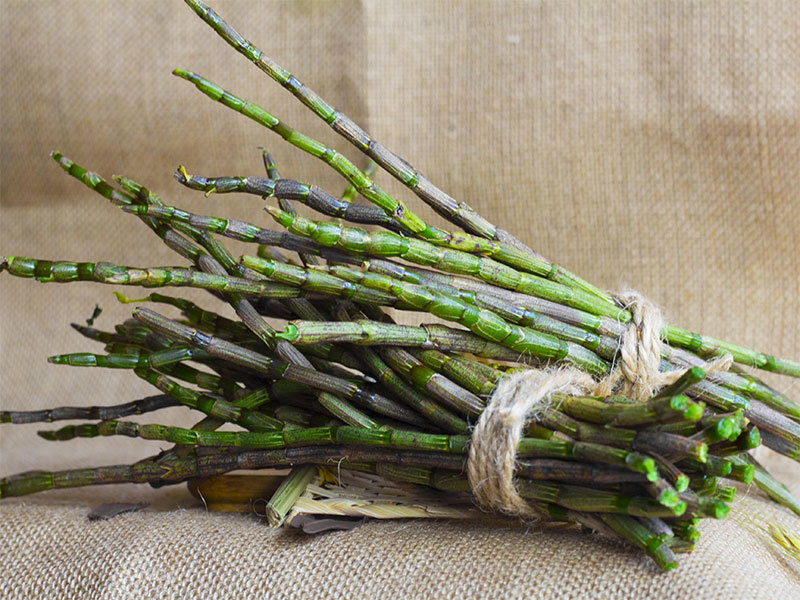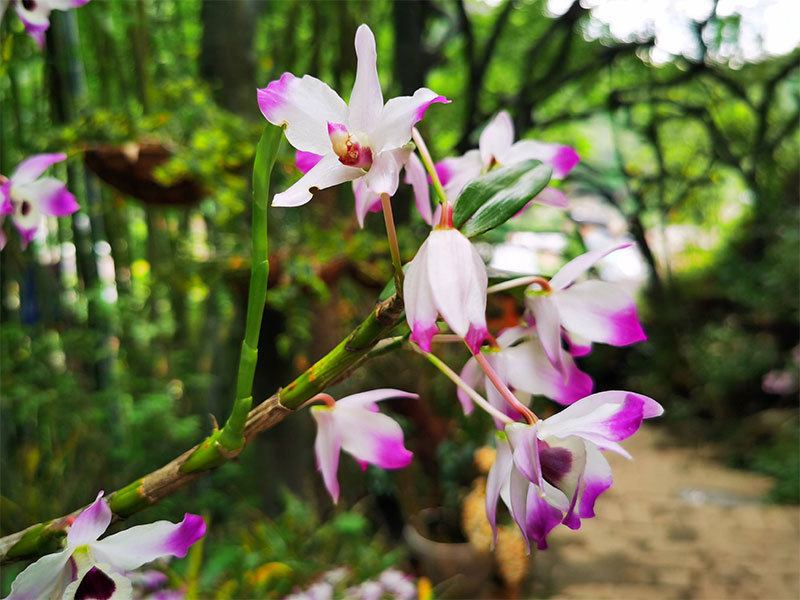
About
US
Chongqing Meidu Agricultural Development Co., Ltd.
Chongqing Meidu Agricultural Development Co., Ltd. was established in October 2010, mainly engaging in the cultivation, processing, marketing, and business operations of the specialty medicinal herb 'Dendrobium officinale,' as well as operating businesses such as the Meidu Yizhan Tourist Resort Hotel on the western slope of Mount Jinfo.
OUR PRODUCTS
Product Center
Our advantages
Why choose us
Primarily engaged in the cultivation, processing, product development, and marketing of "Tiepi Shihu," a specialty medicinal herb ingredient, as well as operating businesses such as the Jinfo Mountain West Slope Meidu Inn & Resort Hotel.
01
Company Strength
The company is vigorously promoting the health-focused Dendrobium industry through its "Base + Farmer + Company" development model (operating from the Nanchuan and Yunnan bases). Nestled along the prime tourist route of Jin Fo Mountain, the hotel enjoys a flat, open landscape with a charming little bridge and flowing stream right in front of its entrance. Surrounded by pristine, rustic natural scenery, the hotel boasts an exceptionally serene and elegant environment. It was officially recognized as a three-star tourist hotel in December 2013.
02
Qualifications and Honors
Holding multiple qualification and honor certificates, it is a leading agricultural industrial enterprise in the local area.
03
Team Strength
Strengthen internal enterprise management, implement proactive measures to address various challenges encountered during business development and operations, leverage strengths while mitigating weaknesses, pool collective wisdom and efforts, and actively align with national agricultural policies to help local farmers increase their incomes and achieve prosperity.
If you have any questions, please don’t hesitate to contact us—we’re here to serve you with care and dedication.
BLOG
INFORMATION
How to preserve fresh stems of Dendrobium officinale?
If freshly harvested Dendrobium officinale is not stored properly—or if the wrong preservation method is used—it can lead to the loss of its valuable nutrients due to improper handling, significantly reducing its effectiveness in the process. So, how should you properly store the freshly picked Dendrobium officinale branches? Let’s find out together right now. First, let’s talk about a common mistake: Some people seal the fresh, uneaten stems of Dendrobium officinale immediately after harvesting and then store them in the refrigerator at low temperatures. Their reasoning is to prevent moisture from evaporating out of the plant’s stems, so they tightly seal the stems in plastic bags. However, this approach actually increases the risk of spoilage, as the enclosed environment creates ideal conditions for mold and bacterial growth.
2025-09-02
The Dendrobium isn’t sprouting new leaves—how should I prune it?
Reasons why Dendrobium doesn’t produce new leaves after sprouting. Dendrobium grows relatively slowly and has specific requirements for water, fertilization, temperature, and humidity. After germination, several factors can prevent the plant from developing new leaves. For instance, insufficient moisture in the potting soil—or soil that’s too loose and lacks proper aeration—can hinder root growth and nutrient uptake, directly stifling leaf development. Additionally, inadequate soil fertility severely impacts the growth of both new shoots and fresh leaves. Another key factor is temperature: when room temperatures drop below 12°C, the plant halts its growth entirely. Moreover, if the Dendrobium has been cultivated for many years without timely pruning to remove aged or dead roots, this can also negatively affect the health of the plant’s above-ground parts. On top of that, Dendrobium itself is known for its slow growth rate, which means even if new buds do emerge, they may struggle to produce fully developed leaves.
2025-09-02
Featured Health-Nourishing Herbal Ingredient: "Iron Skin Dendrobium"
Company phone: +86 13908254568
Contact email:13908254568@139.com
Company Address: Group 6, Shilin Residents' Committee, Nancheng Subdistrict Office, Nan'an District, Chongqing City

